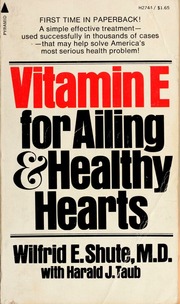I'll second the "vitamin E" suggestion. Take a look at one of the books on the topic and how it's antithrombotic (dissolves clots).

Vitamin E for ailing and healthy hearts : Shute, Wilfrid E., 1907- : Free Download, Borrow, and Streaming : Internet Archive
Bibliography: p. 203-207
archive.org

